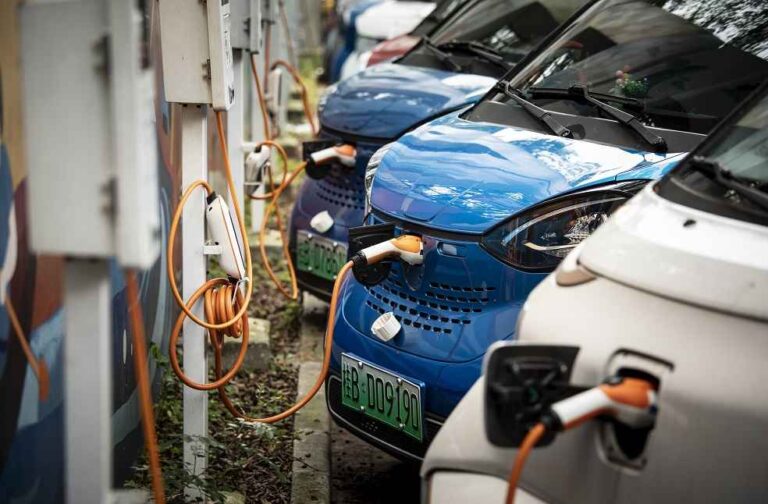China’s ambitious plan to increase the adoption of electric vehicles (EVs) has hit a roadblock, as its unloved EV chargers point to significant challenges for public charging stations. According to a report by Hindustan Times Auto, the majority of the public charging stations in the country are idle, despite a significant rise in the number of EV users.
As of 2021, China had more than 1.4 million charging stations, which is more than five times the number in the United States. However, only 20% of these charging stations are public, and most of them are either incompatible with newer EV models or out of service due to poor maintenance.
The lack of a standardized charging network is another challenge that the Chinese EV market faces. There are more than 200 companies in China’s EV charging industry, and each one has developed its own charging protocols and infrastructure. This has created a fragmented market that makes it difficult for EV manufacturers to ensure compatibility between their vehicles and the charging infrastructure.
China is the world’s largest market for EVs, with sales expected to reach 1.8 million in 2022, according to the China Association of Automobile Manufacturers. The government has set an ambitious target of having 80% of all vehicles sold in the country to be electric by 2035.
However, the challenges facing public charging stations could hinder the country’s efforts to achieve this target. In a survey conducted by China’s State Grid Corporation, more than 70% of EV users said they were dissatisfied with the public charging service, and 40% reported having difficulty finding a charging station.
The report concludes that a coordinated effort by the government and private sector is needed to improve the public charging infrastructure in China. This could include the adoption of a standardized charging network, upgrading existing charging stations, and incentivizing private companies to invest in the sector. If these challenges are not addressed, they could slow down the growth of the Chinese EV market and have global implications for the adoption of EVs.





